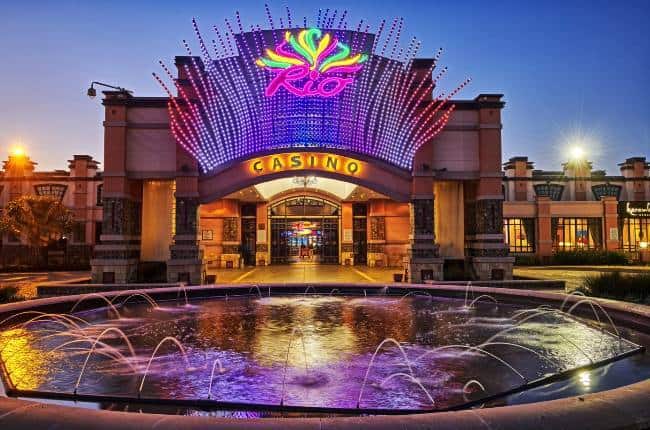
Gambling games have captivated for years a wide range of players, offering not only excitement through chance but also a tailored experience designed for diverse kinds of players. Including analytical thinkers who excel at skill and calculation to more casual gamers who seek entertainment, casinos are aware of the subtleties of their audience and create games that cater to these diverse preferences.
In investigating the world of casino games, we discover a variety of choices that interest every kind of player. High-stakes poker tables entice those who are competitive, while vibrant slot machines appeal to individuals in search of instant gratification. Whether it’s the chance to win big or simply relishing the community feeling, casinos design their game offerings to ensure that everyone can find their niche where they feel welcome and involved. Understanding how these games cater to diverse types of players can enhance not only our appreciation of them but also how we approach selecting which games to play.
Comprehending Gamer Types
In the diverse world of casino entertainment, participants can be categorized into separate types based on their incentives and choices. These gamer categories range from the relaxed and community-oriented gamers, who enjoy the entertainment value and social engagements that gambling provides, to the more strategic and analytical players, who seek to boost their probabilities and winnings. Grasping these different categories is essential for casinos to adapt their games and design immersive environments.
One popular kind is the communal player, who views casino games as a form of social interaction and enjoyment rather than a serious gambling activity. These players often enjoy games that encourage involvement and friendship, such as group-based games. Their attention is on the journey rather than the outcome, so dynamic settings and collective moments are what they cherish the most.
On the opposite end of the range, strategic players are motivated by competition and the quest of expertise. They tend to be drawn toward games that demand decision-making and strategy, such as strategic card games, where their abilities can influence the conclusion. This category often interacts with the games on a more intense level, utilizing knowledge and approaches to gain an edge. Grasping these motivations allows casinos to create environments and game selections that suit to each player’s distinct choices.
Strategies for Game Design
Casino games are created with varied player types in mind, utilizing various strategies to attract and engage them. For casual players, the focus is on simplicity and clarity. Games like slot machines are frequently visually appealing with simple mechanics. This allows players to enjoy the gameplay without a steep learning curve, creating an welcoming atmosphere. The vibrant hues, engaging audio, and themes create a fun environment where players can quickly get involved and enjoying themselves.
For tactical players who enjoy a more profound level of engagement, games such as Texas Hold’em and blackjack offer complexity and skill-based elements. These games incorporate strategy and tactical choices, appealing to players who excel on competition and want to exercise their mental skills. The design of these games regularly includes intricate rules and mechanics that challenge players to refine their skills and develop strategies over time, resulting in a fulfilling experience for those who enjoy perfecting the game.
Additionally, social players are catered to through games that highlight engagement and community. This comprises live dealer games and multiplayer games, which cultivate a sense of community among players. The design of these games typically includes chat features and communal aspects, allowing players to connect and exchange insights. By building an environment where participation is encouraged, casinos can effectively engage social players, making the gaming experience more pleasurable and unforgettable.
Improving Gamer Engagement
Casino options have progressed considerably to create a significantly engaging environment for gamers. Game creators focus on high-quality visuals, rich audio effects, and innovative game mechanics that engage gamers into the gaming environment. By utilizing technology, such as VR and AR, casinos ensure that players feel as if they are part of a exciting experience, enhancing in addition to the enjoyment of the games but also the complete experience of being in a gambling venue.
Community engagement is another critical element in improving participant satisfaction in gambling games. Several titles are developed to facilitate engagement among gamers, whether through multiplayer formats or chat features. This community feature is attractive to gamers who enjoy interacting with fellow players while engaging, fostering a feeling of community. Furthermore, interactive elements can feature scoreboards, competitions, and rewards for team gaming, which capture ambitious players and encourage them to come back for more. 32win
Finally, customization plays a pivotal role in adapting the engagement for diverse gamer demographics. Casinos and software designers examine gamer activities and tastes to present customized game options and benefits. By grasping the unique tastes of participants, gaming establishments can present personalized deals, bonuses, and new game releases that satisfy each individual, thus boosting their overall satisfaction and loyalty to the gaming venue.